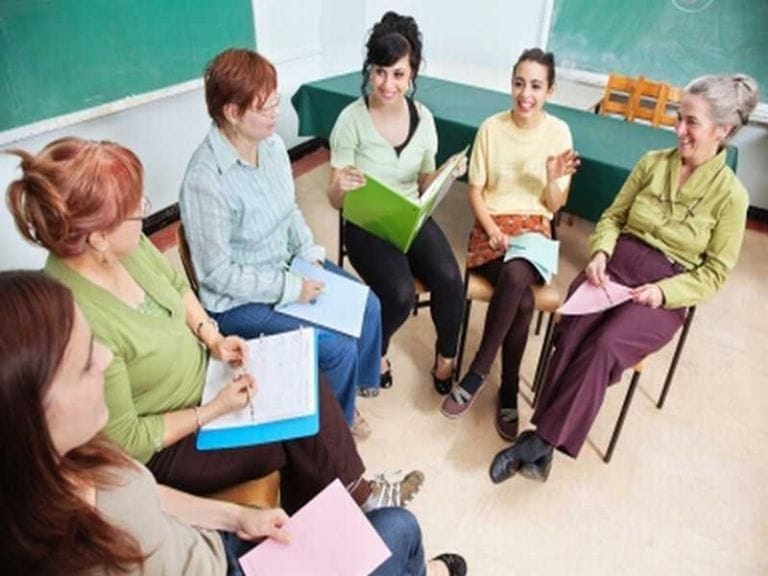Sweden, a nation often praised for its effective gun laws, is grappling with the aftermath of its deadliest mass shooting to date. The tragic incident occurred at an adult education center in the city of Örebro, where ten people lost their lives during a horrific attack. Among the victims were seven women and three men, spanning ages 28 to 68. The event has spurred the Swedish government to announce an intention to tighten firearm regulations as part of efforts to curb future violence.
The perpetrator of the attack, identified by police as an individual with previous ties to the education center, used licensed firearms to carry out his assault. The shooting has not only shocked the local Örebro community but also garnered widespread attention across the nation, prompting introspection about Sweden’s gun control policies. While the country’s firearm laws are stringent by global standards, this incident has highlighted potential vulnerabilities.
In a press conference addressing the incident, Prime Minister Ulf Kristersson described the shooting as an unprecedented tragedy for Sweden. “This is a somber moment for our nation,” Kristersson said. “We must take this as a pivotal opportunity to improve our laws and ensure that such an act can never happen again.”
Sweden’s current gun laws are considered restrictive when compared to countries like the United States. Firearms ownership is heavily regulated, with requirements for psychological evaluations, training, and valid reasons such as hunting or sport shooting. However, authorities believe there is room to tighten enforcement mechanisms, especially as violent incidents are becoming increasingly associated with illegally obtained weapons or cases where licensed owners misuse their privileges.
The government’s proposed measures include revising how firearm licenses are issued and implementing more rigorous background checks. Additional reforms may expand the authority of law enforcement to confiscate weapons from individuals deemed a possible threat to public safety. There has also been discussion of enhancing penalties for violations involving licensed firearms.
While the discussion around stricter gun control has encountered widespread support from the public, some advocacy groups and political factions have voiced concerns over potential consequences for recreational gun users. Opponents argue that the proposed measures could inconvenience law-abiding hunters and sportsmen without necessarily addressing the roots of violent crime.
An additional layer of complexity surrounds Sweden’s rising issue of gun violence, often connected to organized crime in major urban centers. The context for the Örebro shooting, however, appears unrelated to gang activity, based on current investigations. This, authorities say, further underscores the multifaceted nature of firearm-related issues and the need for a multi-pronged approach in policymaking.
The decision to reform gun laws is also seen as a reflection of international trends, where nations such as Australia and the United Kingdom have adopted stricter regulations following tragedies involving firearms. Swedish lawmakers are reportedly studying these international models to understand how best to implement policy changes effectively while respecting citizens’ rights and freedoms.
Public response to the government’s measures has been profound. Many citizens have paid respects to the victims by leaving flowers and candles outside the entrance of the education center. This act of mourning has been accompanied by a growing dialogue about how to ensure better safety in public spaces.
Community advocacy groups have been calling for deeper conversations around mental health and early intervention strategies, noting that gun violence cannot be solely attributed to policy gaps. Some have argued for a broader societal response, including investments in education, mental health services, and neighborhood safety initiatives.
As Sweden navigates this challenging time, the global community remains attentive to how it redefines and enforces its firearm regulations in the wake of such a profound tragedy. Policymakers have expressed hope that whatever course of action is taken, it will strike a balance between the need for public safety and the rights of lawful gun owners.
The Örebro school shooting will forever remain a grim chapter in Sweden’s history, but it has also presented an urgent call to action. By pushing to reform gun control laws, the country aims to honor the lives lost and exemplify resilience in overcoming challenges to its collective safety.



